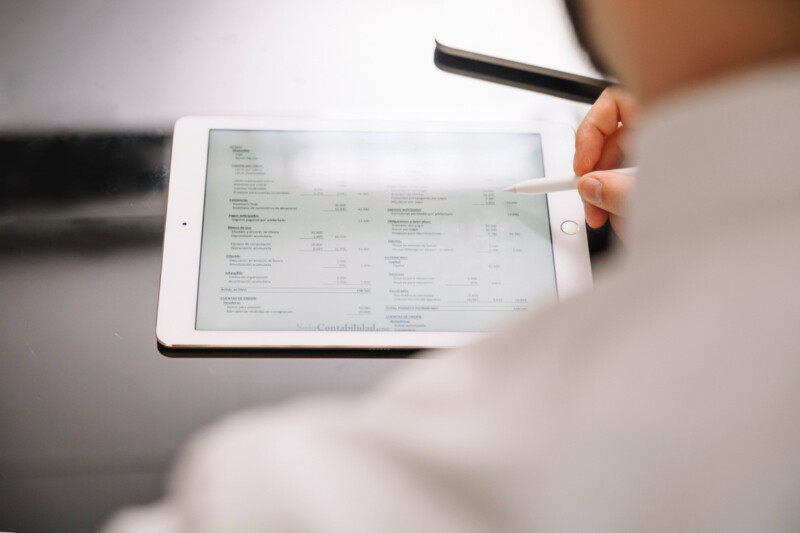Alors que toutes les entreprises devaient être en mesure d’accepter des factures électroniques à compter de juillet 2024, le Gouvernement vient d’en décider autrement en reportant l’entrée en vigueur de la réforme.
Une mise en place progressive
Initialement, l’obligation de transmettre des factures électroniques et des données de transaction à l’administration devait entrer en vigueur de manière progressive :
- Au 1er juillet 2024 pour les grandes entreprises ;
- Au 1er janvier 2025 pour les entreprises de taille intermédiaire (ETI) ;
- Au 1er janvier 2026 pour les petites et moyennes entreprises (PME).
En outre, l’obligation de recevoir des factures sous format électronique devait entrer en application pour toutes les entreprises dès le 1er juillet 2024.
La facturation électronique reportée à 2026
La date d’entrée en vigueur de l’obligation de réception de factures électroniques pour toutes les entreprises n’est plus d’actualité. En effet, dans un communiqué publié le 28 juillet, Bercy précise qu’il a été décidé de « reporter l’entrée en vigueur du dispositif prévue le 1er juillet 2024 afin de donner le temps nécessaire à la réussite de cette réforme structurante pour l’économie ». Une nouvelle date sera définie dans le cadre des travaux d’adoption de la loi de finances pour 2024 afin de garantir aux entreprises concernées un passage à la facturation électronique « dans les meilleures conditions possibles ».
Cette décision a été prise au premier semestre au cours d’échanges entre le ministère, les fédérations, les entreprises et les éditeurs de logiciel qui constituent un maillon essentiel du système.
Une fois la réforme en place, la facturation pourra être opérée par des plateformes privées immatriculées auprès de la Direction générale des finances publiques (DGFIP). Le service d’immatriculation des plateformes de dématérialisation partenaires est ouvert depuis le mois de mai.
Un dispositif similaire en Italie
L’annonce du report de la réforme suscite quelques inquiétudes chez les professionnels qui se souviennent des dysfonctionnements rencontrés suite au lancement du Registre national des entreprises par Bercy. Ce portail conçu pour simplifier les démarches de création, de modification et de cessation des sociétés devait être opérationnel en mars 2023, mais ne l’a été que 3 mois plus tard.
De même, la déclaration de biens immobiliers imposée aux particuliers et aux bailleurs sociaux par le biais d’une procédure dématérialisée a viré au cauchemar en juillet dernier. Les acteurs concernés avaient eu des difficultés à transmettre les données à l’administration et bénéficié d’un mois supplémentaire pour faire leur déclaration.
Le Gouvernement se veut néanmoins rassurant concernant la mise en place de la facturation électronique prenant exemple sur l’Italie qui a pu récupérer près de 2 milliards d’euros dès la première année grâce à ce dispositif. En France, l’INSEE a déterminé que la fraude à la TVA représentait un manque à gagner de près de 20 milliards d’euros par an.
